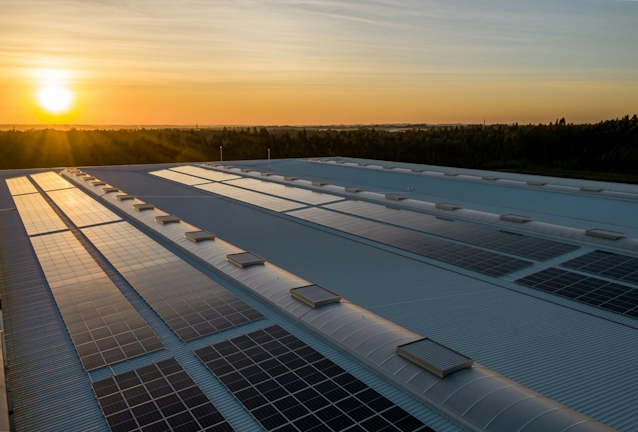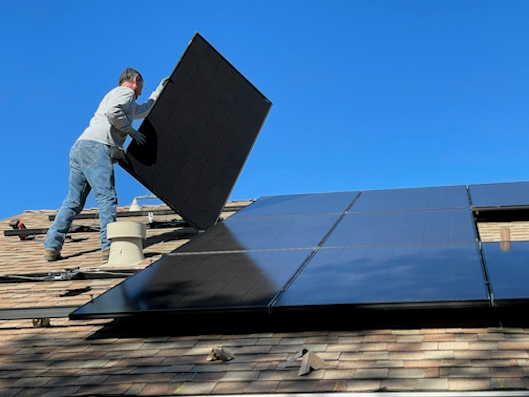
How solar can help low-income families
2024-03-29 14:30How solar can help low-income families
In recent years, the development of solar energy resources has had a significant social and economic impact, offering renewed hope for poverty reduction. Solar photovoltaic (PV) power generation is rapidly emerging as an innovative solution that combines green development with economic gains.
According to the latest data from the International Energy Agency, global renewable energy capacity is projected to increase by 50 percent by 2024. This indicates that solar photovoltaic (PV) power systems will play a major role in global electricity generation, particularly in developing countries with abundant solar resource potential.
Solar PV holds immense potential for providing clean energy and reducing poverty, especially in rural areas. In urban areas, apart from residential homes, non-residential buildings present a valuable opportunity for harnessing solar resources. Commercial businesses can utilize untapped capacity to generate electricity and supply power to the surrounding community. In low-income areas, commercial businesses are often more responsive to government solar incentives than households.

The economic benefits of solar PV extend further when implemented in commercial and industrial sites, compared to individual households installing solar panels. By feeding surplus power into the local grid, commercial and industrial solar arrays offer a new alternative for low-income residents. Instead of having to install their own rooftop panels, they can access power through a community subscription. This centralized power supply not only reduces the financial burden on individual households but also brings tangible local advantages to low-income communities.
However, to ensure a continuous supply of electricity, energy storage solutions play a crucial role. Advancements in technologies such as storage batteries and inverters provide reliable means of storing and converting energy in solar PV systems. This ensures that power remains available during the night or on cloudy days. The inclusion of energy storage capacity enhances the reliability and stability of solar PV systems, further amplifying their benefits in poverty reduction.
By increasing the adoption of solar energy, we can not only reduce carbon emissions and mitigate climate change but also generate tangible economic and social benefits for low-income communities. We are confident that solar photovoltaics will continue to make even greater strides globally in the future.

